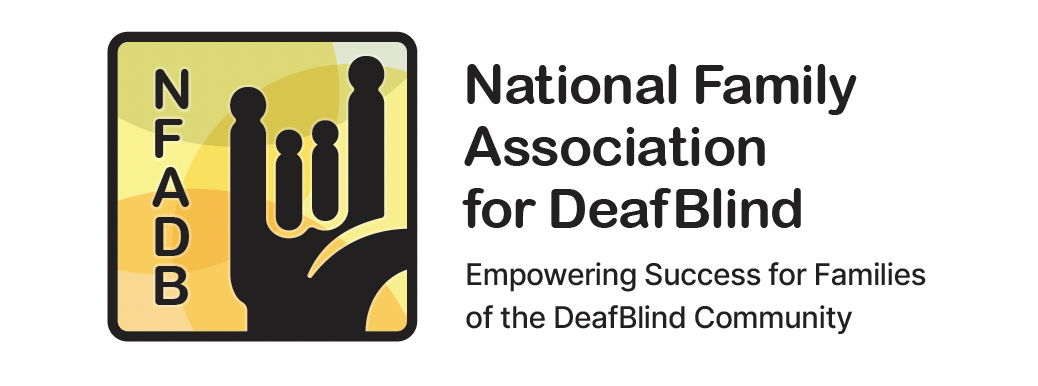- Welcome
- What We Do
- Build Family Leaders
WHy Build A FAMILY LEADER?
Families with children who have disabilities play a critical role in developing educational policies and practices that help their child succeed. For decades family advocates have influenced national, state, and local educational policies.
The results? Special classes in public schools, laws that mandate free and appropriate education for children with disabilities, and the establishment of advocacy organizations, just to name a few.
Parents, grandparents, and other family members can become family leaders by gaining the knowledge and skills needed to build positive partnerships with professionals and other families and shape the services received by their child and other children with disabilities. Family leaders have been able to:
- Upgrade school facilities
- Improve school leadership and staffing
- Obtain higher-quality learning programs for students
- Incorporate new resources and programs to improve teaching and curriculum
- Increase funding for afterschool programs and family supports
In addition to the direct benefit to their child, family members’ involvement also benefits teachers. When families are actively engaged, teacher morale increases, which in turn inspires families to volunteer for additional activities.
Organizations that support programs and services for children with disabilities can also benefit from family leaders. Family members provide a unique perspective, bring a sense of reality to ideas and tasks, and offer guidance that helps the organization ensure it is meeting families’ needs.
When families participate in leadership and advocacy activities, they themselves also benefit. By becoming a family leader they can:
- Gain management and executive skills they can transfer to their professional and personal lives
- Build social networks and connect with people in order to create opportunities for their children and themselves
- Develop closer ties to their community and neighbors
- Learn how to influence decisions made in schools and communities
From families and their children to organizations and professionals, everyone benefits when families are fully engaged in their child’s education. Meet some family leaders.
What Does a Family Leader Need?
Encouragement, support, and training are essential to becoming an effective family leader. Various organizations, including some state DeafBlind projects, offer family leadership training programs that teach participants skills such as:
- Human relations strategies
- Effective team functioning
- Communication skills
- Collaborating with professionals
- Use of a variety of data
- Goal setting, planning, and program evaluation
- Developing an organizational constitution, bylaws, and procedures
- Defining roles for parents and parent leaders
- Understanding and working with people from different cultures and backgrounds
Families’ needs are not static and change over time as their child ages. Coaching, mentoring, and follow-up support are key components of a family leadership program.
What Support Is Available for Family Leaders?
There are many organizations and resources that provide community support and help family members become effective leaders.
National Center on Deaf-Blindness (NCDB)
NCDB is a technical assistance center funded by the federal Department of Education. It works to improve the quality of life for children who are DeafBlind and their families.
State Deaf-Blind Projects
The state projects provide information, advice, and support to families and educators of children who are DeafBlind.
Center for Parent Information and Resources (CPIR)
CPIR is a hub for the network of Parent Centers across the country. Visit their site to find resources on a variety of topics related to special education.
State Parent Centers
Every state has at least one federally funded Parent Center, which offers families information about rights under IDEA, early intervention, school-age services, therapies, local policies, transportation, and much more.
FamilyConnect
On this site from the American Foundation for the Blind, you’ll find videos, personal stories, events, news, and an online community that can offer tips and support from other parents of children who are blind or visually impaired.
The Arc
For over 60 years this organization has worked to promote and protect the human rights of people with intellectual and developmental disabilities. It actively supports full inclusion and participation in the community for individuals with disabilities throughout their lives.

